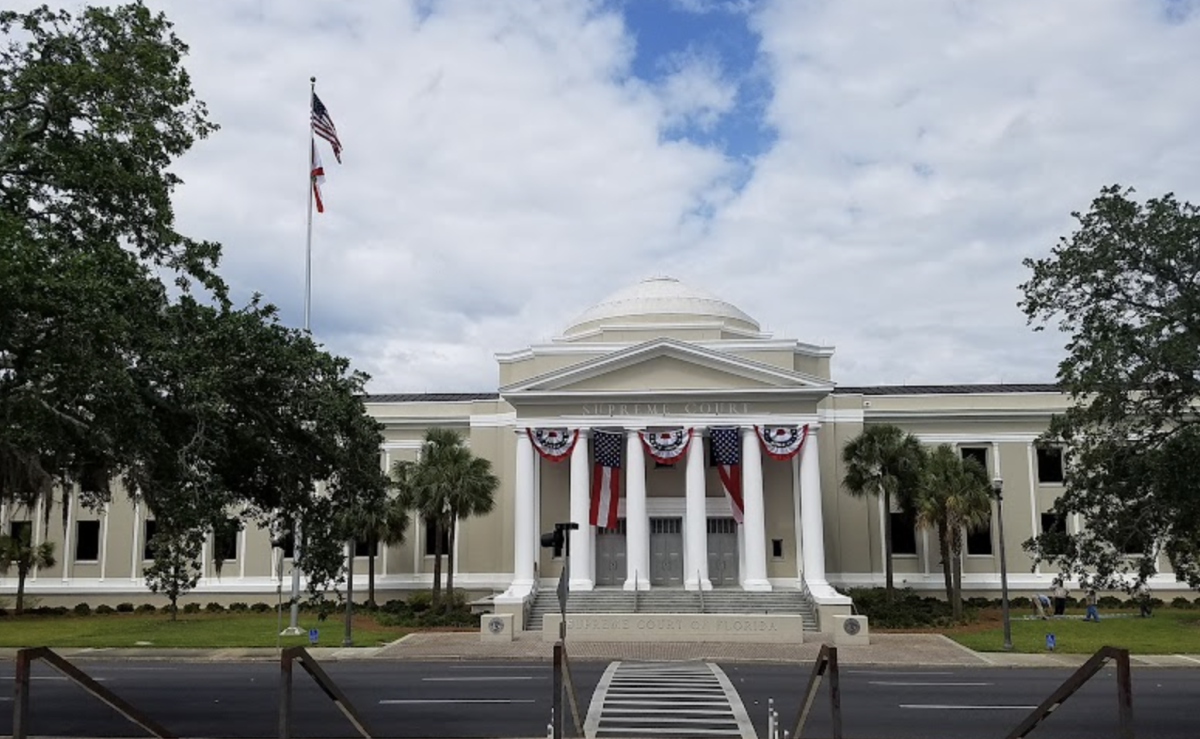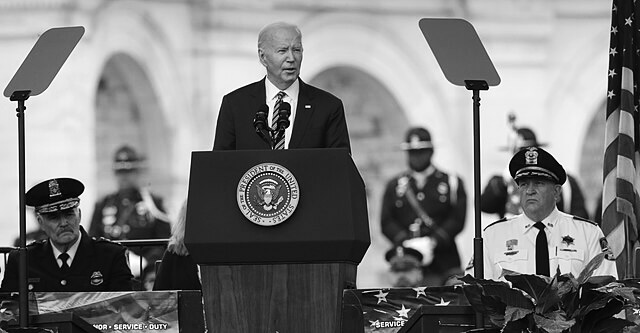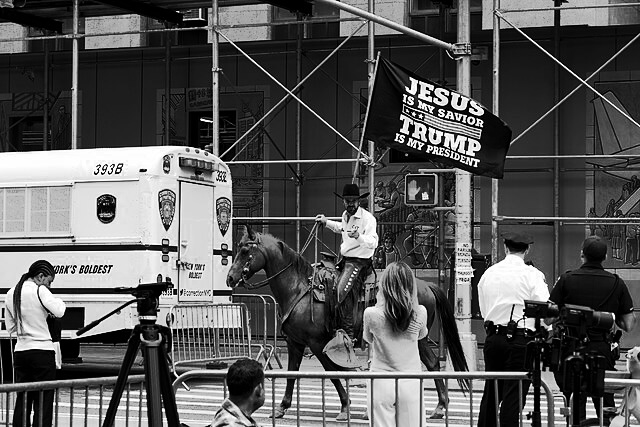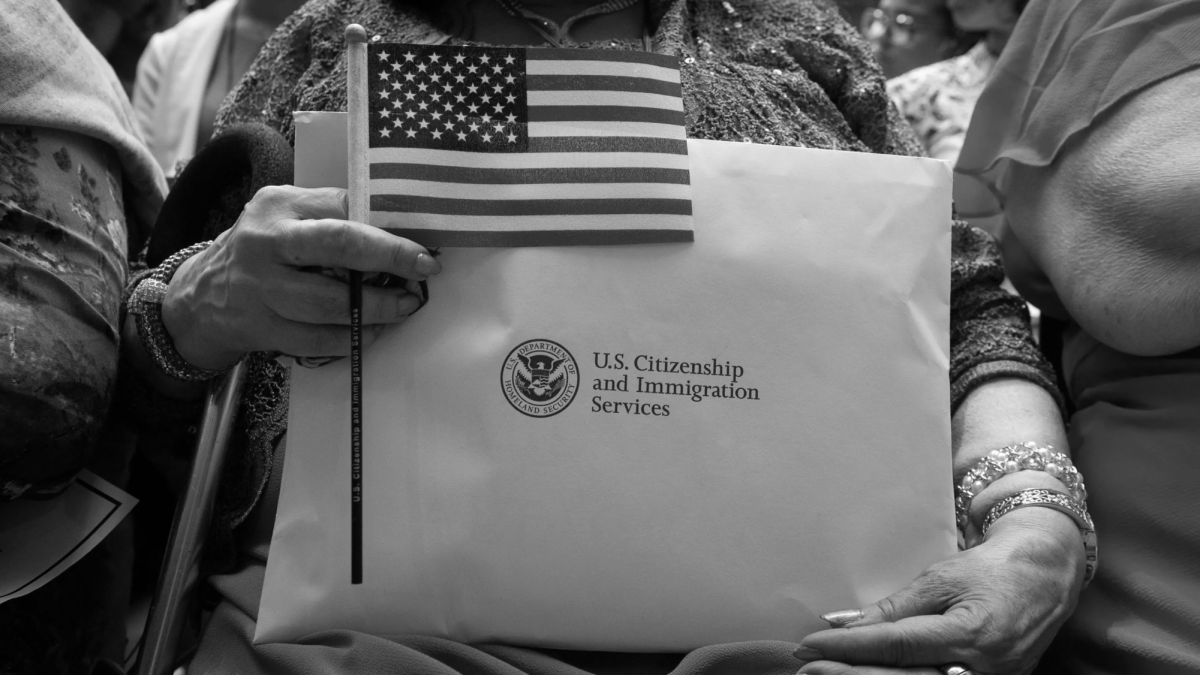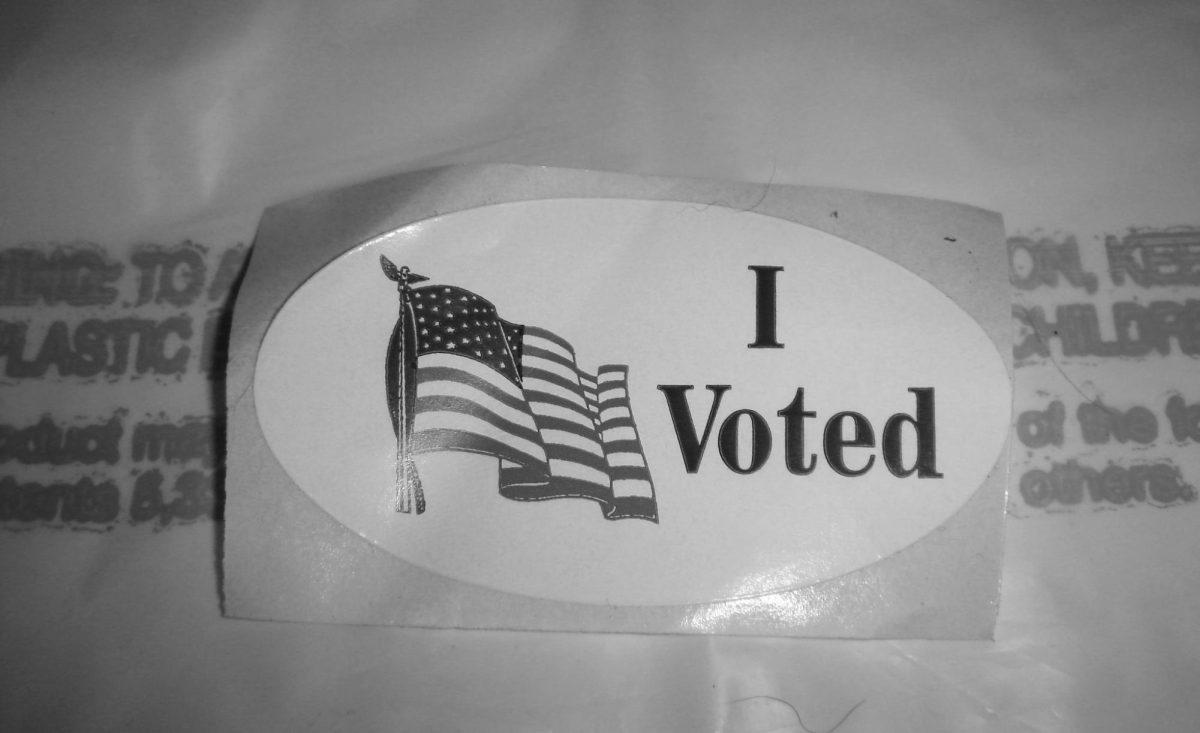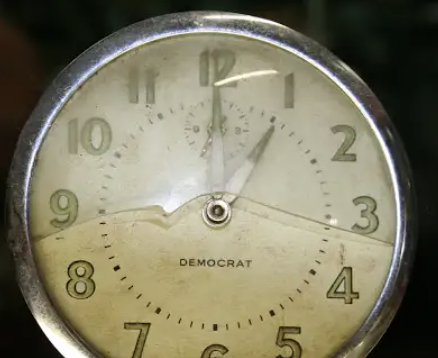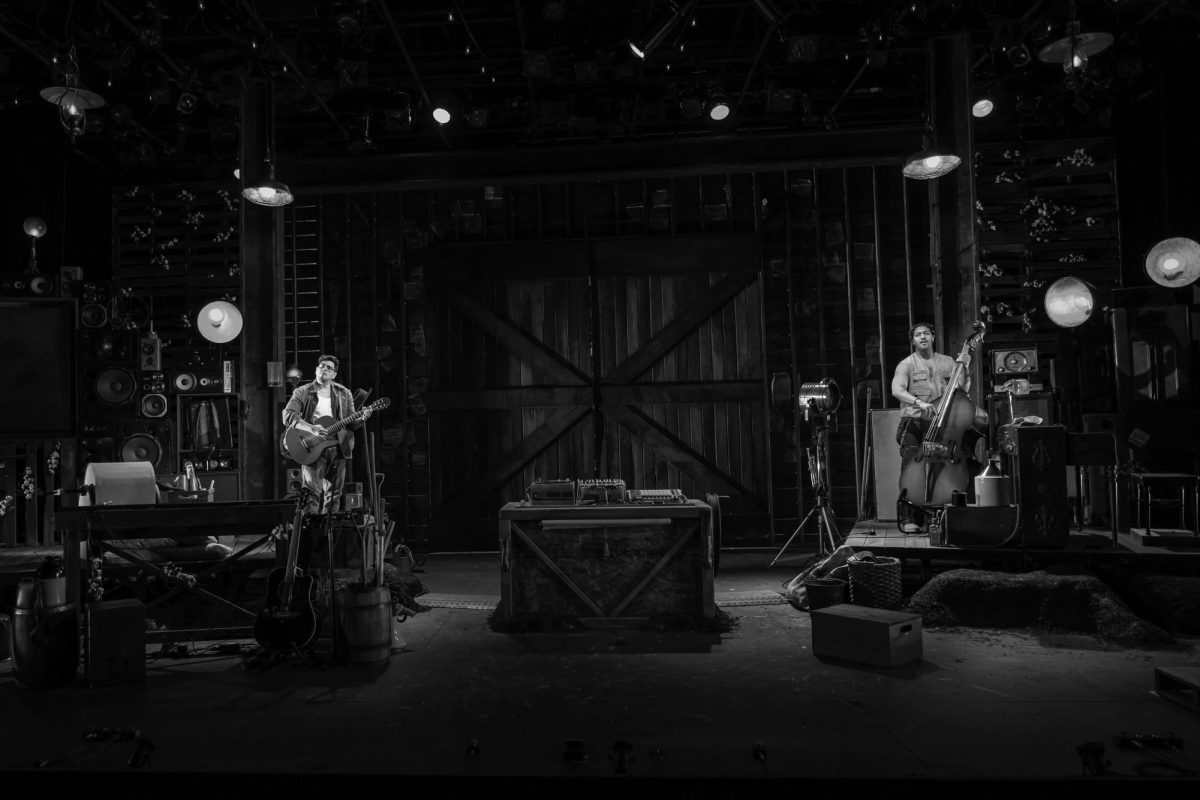D.C. Criminal Code Reforms Are Effective, Must Be Upheld
A recent proposal to reform the Washington criminal code is facing opposition from both parties in Congress. The revisions, which would go into effect in 2025, would lower jail time for many offenses and eliminate the majority of mandatory minimum sentences, as well as clarify the descriptions of various offenses. However, Congress has the power to overturn and reverse Washington legislation, and both Republicans and Democrats have rallied President Joe Biden to block the reforms. Concerns about amendments to the code stem from fears that they would further escalate already high crime rates. Biden should allow these reforms to pass, as they provide necessary updates to the code and have garnered full support from Washington leadership and citizens.
One reason why Biden should not allow the revisions to be struck down by Congress is that the code is currently unclear and inadequate. Washington’s criminal code was created in 1901 and has not been updated since. As a result, it contains inconsistencies, ambiguities and outdated offenses, one of which being the assault charge, which has a vague and unclear definition in the criminal code, despite being the most charged crime in Washington. The revisions would address this issue by creating a better and more specific definition for assault. Another example is the kidnapping charge, which is currently defined as any contact restraining another without consent, according to DCist. New changes would include a more specific definition and different levels of punishment based on the degree of the offense’s severity. By making the criminal code more specific and clear, criminal law will rely less on judicial opinion, therefore taking any potential ambiguity out of cases. This would be a step toward eliminating racial bias and discrimination within the justice system. Reforms to the code would also modernize it, as the current code contains outdated references to livestock, stables and steamboats. 29 states have made changes to their criminal codes since the 1960s, according to the ACLU, and Washington should follow suit. Revising the criminal code would improve its efficacy by both removing obsolete parts and creating more exact definitions, standardizing and clarifying criminal decisions.
Another reason why Biden should allow revisions to pass is the overwhelming amount of support they have gained from Washington citizens and leaders. The new code was in part created by the Criminal Code Reform Commission, which was formed in 2016 to draft a more effective and fair set of laws. However, the movement for this criminal justice reform has been ongoing for 16 years. Officials have consulted crime data, independent legal experts and model legislation as part of the process to create a new code, according to Washingtonian. The revisions were passed unanimously by the city council. District of Columbia Mayor Muriel Bowser proceeded to veto the changes, but her veto was overturned in a decisive 12-1 vote by the council. According to the ACLU, 83% of Washington voters support the changes made to the code. These votes and statistics reveal that the vast majority of Washington legislators and residents are in favor of the reforms. Congress should not inhibit Washington’s ability to govern itself by striking down these revisions due to political interests, and the new code should be allowed to pass.
In 2000, three Brooklyn Law School professors came to the conclusion that Washington’s criminal law code was amongst the five worst in the U.S., an analysis that aligns with the Criminal Code Reform Commission’s findings. Washington officials and residents alike have realized that changes to the laws are well overdue and that these revisions will ensure a fairer and more effective justice system. Biden and Congress must recognize that their concerns about being labeled “soft on crime” cannot interfere with popular sovereignty in Washington.
Your donation will support the student journalists of Sidwell Friends School. Your contribution will allow us to purchase equipment and cover our annual website hosting costs.

Lee Gillies is currently Managing Editor of Horizon. He served as an Opinion Editor in the 2022-2023 school year. Prior to this, he worked as a Staff Writer...






